Recovery Begins in Kerala, Where Historic Flooding Killed Hundreds
More than 1 million Kerala residents were displaced by the worst flooding in a century.
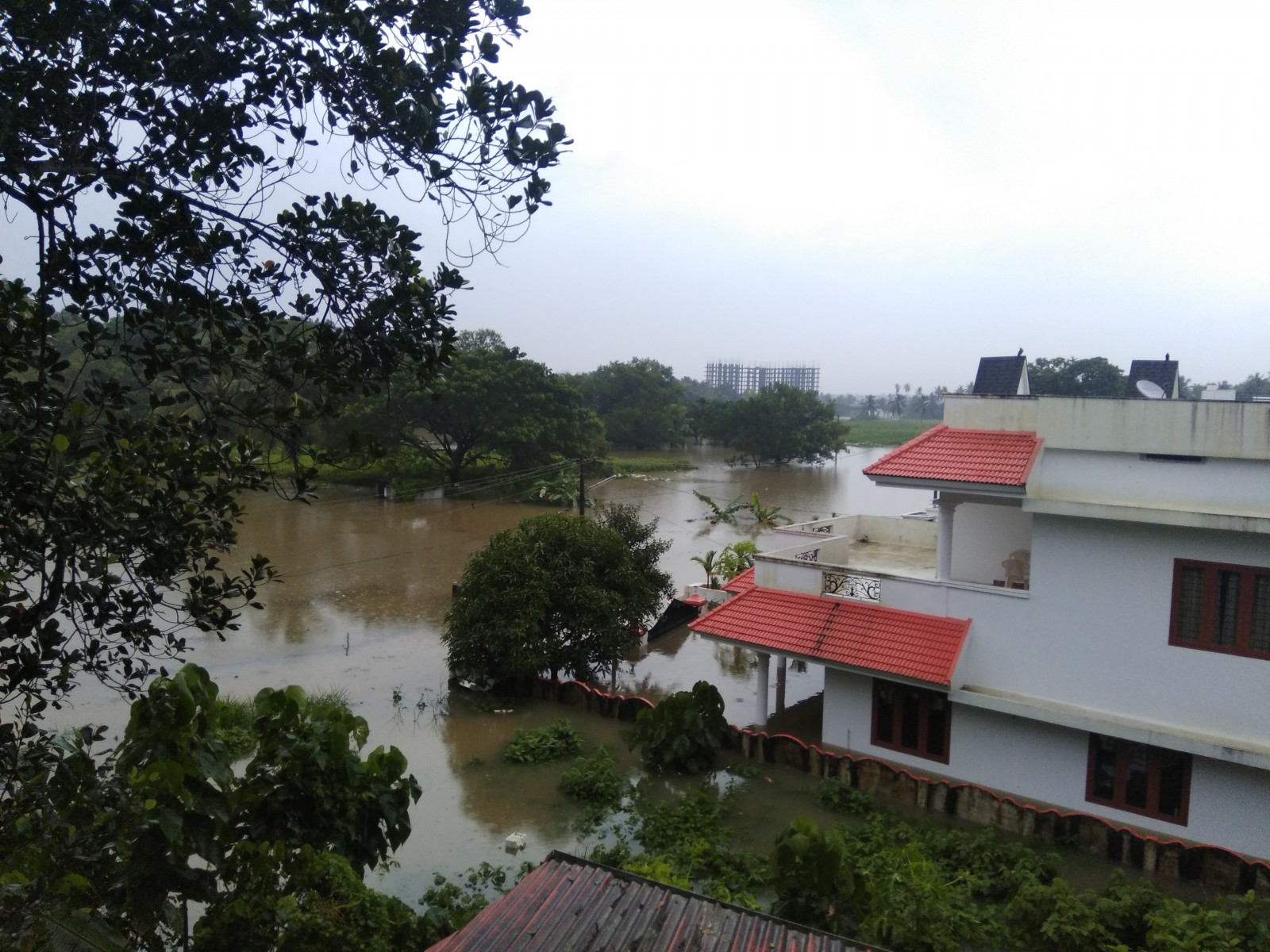
Kerala Floods 2018. Photo courtesy of Wikimedia Commons.
The Rundown
Kerala, India, is still reeling from massive monsoon floods that forced more than a million people to evacuate their homes. Between August 1 and August 19, the southwestern Indian state was inundated with more than 750 millimeters (29.5 inches) of rain, 2.6 times more than average. The staggering rainfall filled a majority of Kerala’s 44 reservoirs, prompting authorities to open flood gates, a move that exacerbated the deluge. In all, the floods claimed more than 370 lives and caused billions of dollars in damages.
“The biggest challenges immediately ahead are cleaning of the flood-hit houses, rehabilitation, and prevention of water-borne diseases.” –Mahesh P., a village official in Rayamangalam, Kerala, speaking on the state’s first steps toward recovery. According to Pinarayi Vijayan, Kerala’s chief minister, the flood is one of the worst in India’s history.
By The Numbers
370+ People who died during the disaster, many due to landslides in rural areas. The death toll continues to rise due to the spread of disease.
$3.7 billion Estimated cost of rebuilding Kerala in the wake of the floods.
3,000 Relief camps opened to shelter more than 1 million people displaced by the flooding.
54,000 hectares (133,400 acres) Cropland devastated by the deluge.
14,000 kilometers (8,700 miles) Length of Public Works Department roads washed out or damaged by the floods. An estimated 82,000 kilometers (51,000 miles) of local roads and more than 200 bridges also sustained damage.
28 Kerala residents who died from leptospirosis, a waterborne disease also known as rat fever. At least 300 suspected cases have been reported in the past week.
Science, Studies, And Reports
In addition to exceptional rainfall, scientists believe that poor dam management in Kerala also played a role in the flooding. According to the National Centre for Earth Science Studies (NCESS), dams and reservoirs trap sediment, changing the makeup of downstream riverbanks. Years of sand mining in India have also stripped Kerala’s rivers of sand and gravel. As a result, the sediment-deprived water released from the dams, called “hungry water,” was more likely to scour and erode riverbanks. The devastating phenomenon was witnessed in several places, where released water uprooted trees, stripped vegetation, and damaged riparian structures.
Part of the destruction could have been mitigated, scientists say, if Kerala had released water at regular intervals throughout the monsoon season. Instead, the state’s reservoirs were only opened in mid-August, once they were on the verge of overflowing. Meteorologist Madhavan Nair Rajeevan, secretary of India’s ministry of Earth sciences, is urging officials to adopt reservoir prediction systems, which monitor inflows and storage levels in dams. These systems could help avert a similar flooding situation in the future.
On The Radar
As floodwaters recede across Kerala, restoration of clean drinking water remains an urgent priority. Dirty water contaminated countless wells and damaged water distribution systems in 13 of Kerala’s 14 districts. In response, authorities launched a water purification campaign, and are delivering trucked-in water to relief camps. Despite these efforts, waterborne diseases like leptospirosis and diarrhea are on the rise.
Resources And Further Reading
Death toll nears 400 in India’s flood-hit Kerala, dozens missing (Reuters)
Drinking water supply goes haywire in six districts in Kerala(The Hindu)
Flood-hit Kerala sounds alert for leptospirosis, 28 deaths reported (Hindustan Times)
‘Hungry water’ effect blamed for flood damage (The Hindu)
Kerala officials estimate post-floods rebuilding will cost $3.7bn (Al Jazeera)
Mining and dams exacerbated devastating Kerala floods (Nature)
Post Floods, drinking water sources contaminated in many parts of Kerala (The News Minute)
Rebuilding Kerala (The New Indian Express)
Kayla Ritter is a recent graduate of Michigan State University, where she studied International Relations and Teaching English to Speakers of Other Languages. She is currently based in Manton, Michigan. Kayla enjoys running, writing, and traveling. Contact Kayla Ritter

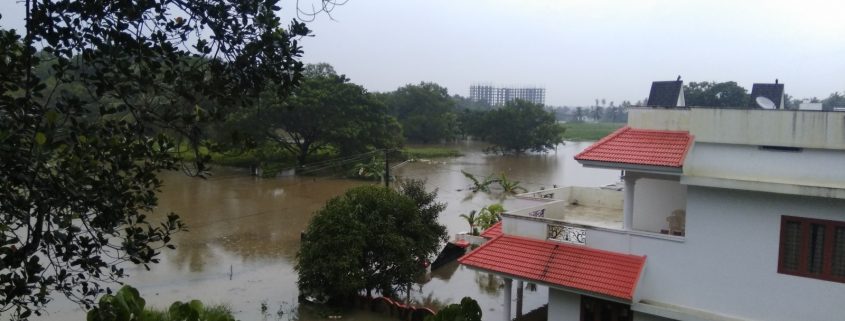

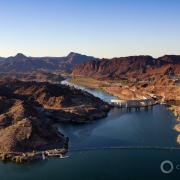
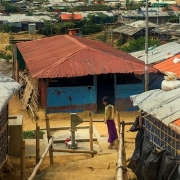
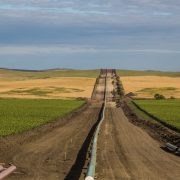
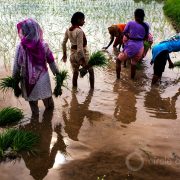




Leave a Reply
Want to join the discussion?Feel free to contribute!